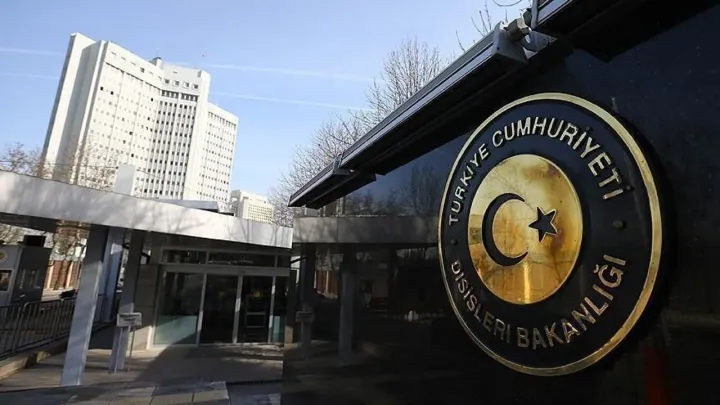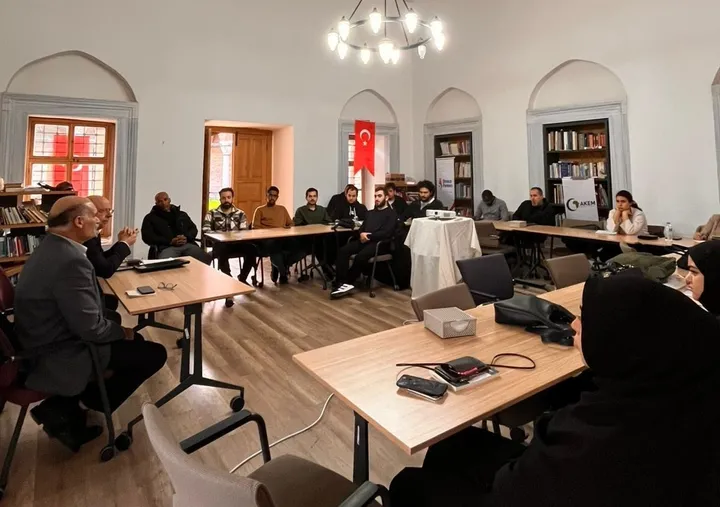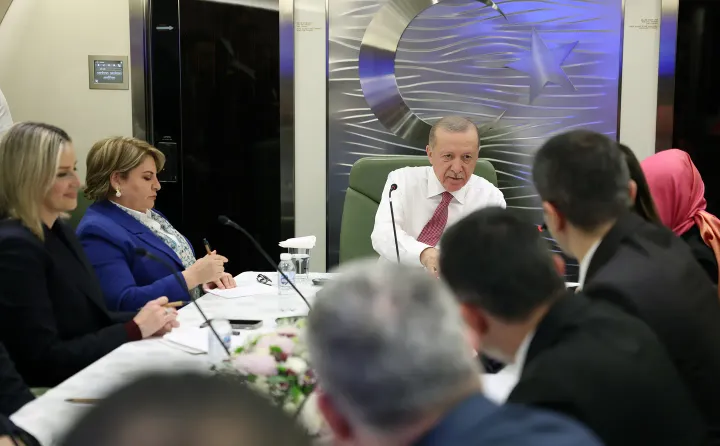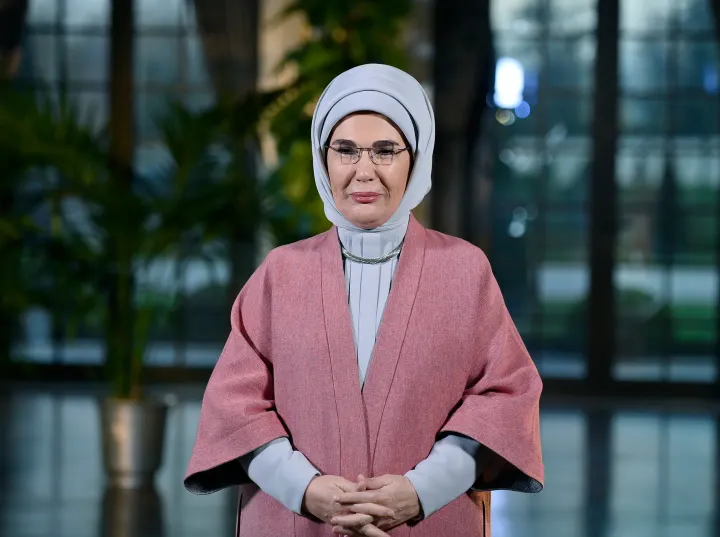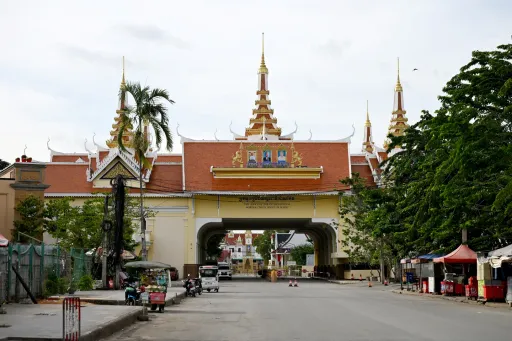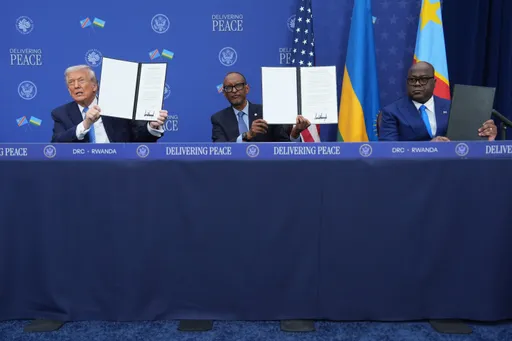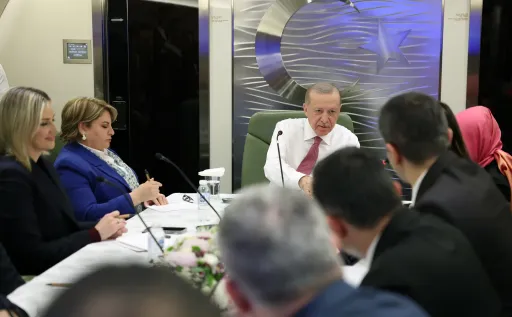As Türkiye’s main opposition candidate, will Kilicdaroglu’s wide-tent strategy finally pay off in the upcoming presidential elections in May, or will he prove to be second best to Erdogan again?
The face of the opposition movement, Kemal Kilicdaroglu, has been a household name in Türkiye for more than two decades.
The 74-year-old leader of the Republican People's Party (CHP) has been involved in Turkish politics since 2002. However, in a relentless pursuit to unseat Türkiye’s President Recep Tayyip Erdogan and his governing Justice and Development Party (AK Party), Kilicdaroglu seems to fall short each time.
Kilicdaroglu, formerly Karabulut before his father changed their last name, was born on 17 December 1948 in Türkiye’s Tunceli Province as the fourth of seven children.
After receiving his bachelor's in economics at Gazi University (formerly the Ankara Academy of Economics and Commercial Sciences) in 1971, Kilicdaroglu became a junior account specialist at the Ministry of Finance.
He was later promoted to accountant and received additional training in France. Within the ministry, he was later appointed deputy director general of the Revenues Department.
Before his rise to the political main stage, Kilicdaroglu was best known as the President of the Social Insurance Institution (SSK). He held this position from 1992 to 1996.
He later was re-elected as SSK president from 1997 to 1999, but Kilicdaroglu ultimately retired from SSK at the start of 1999 with his eyes set on politics.
READ MORE: How Türkiye’s Syria offensive is being received by opposition parties
Venturing into politics
Kilicdaroglu tried to get on the candidate’s list for Türkiye’s Democratic Left Party (DSP) in 1999, under former Prime Minister Bulent Ecevit, but despite being dubbed “the star of DSP” he was unsuccessful in this pursuit.
So it was then-leader of the CHP Deniz Baykal that gave Kilicdaroglu his big political break, inviting him to join his party instead. Baykal, perhaps unknowingly, set in motion the rise of his predecessor.
During his time in Parliament, Kilicdaroglu began paving way to lead CHP following Baykal’s resignation in 2010.
As a part of CHP, Kilicdaroglu was elected to Parliament in the 2002 general election where he served as member of parliament (MP) for Istanbul's second electoral district until 2015.
First, he became deputy speaker of his party's parliamentary group following his re-election in the 2007 general election.
Then in 2009, he ran for Mayor of Istanbul as the CHP candidate but ultimately lost to the AK Party candidate Kadir Topbas. He received 37 percent of the vote, while Topbas bagged 44.71 percent.
A year after his mayoral defeat, Kilicdaroglu ran for leader of CHP following Baykal’s resignation over a video scandal. A secretly-shot tape allegedly revealed Baykal was having an affair with a female party deputy, who had once been his secretary.
Despite denying the accusations and declaring that there was a conspiracy against him, Baykal stepped down and Kilicdaroglu ended up receiving the support of 77 provincial chairpersons to run in his place.
At the party convention in May 2010, he was elected as party chairman.
As the leader of CHP, Kilicdaroglu also became the leader of the main opposition as his party was (and remains to be) the second-largest political party in the Grand National Assembly.
READ MORE: Türkiye's FM briefs main opposition party on Libya
Table of Six
Following his win as CHP leader in 2010, just a few months in, Kilicdaroglu took a stance in a constitutional referendum held on September 12, 2010, in which he campaigned for a “no” vote against the AK Party's proposed constitutional reforms, and lost.
He even tried to legally challenge the proposals but the Constitutional Court ruled against him and the reforms were put in place with 58 percent of the vote in favour and 42 percent against.
The following year, Kilicdaroglu participated in the 2011 general election as leader of CHP. The party won 25.98 percent of the vote, which earned them 135 elected MPs, while AK party received a whooping 49.83 percent of the votes and the Nationalist Movement Party (MHP) won 13.01 percent.
During this period, Kilicdaroglu served as an MP for Izmir province's second electoral district in 2015.
The next general election in June 2015 saw Kilicdaroglu up against Erdogan again, but this time his party won 24.95 percent of the vote, finishing with three fewer MPs than the prior ballot.
In the 2018 elections-where, Muharrem Ince was a presidential candidate in general elections-Kilicdaroglu established the Nation Alliance alongside fellow opposition political and IYI party leader Meral Aksener, Temel Karamollaoglu of Saadet Party and Gultekin Uysal of Demokrat Party.
Kilicdaroglu’s Nation Alliance expanded in February 2022: six opposition party leaders, alongside three others, Ahmet Davutoglu of Gelecek Party, Ali Babacan of DEVA Party officially joined. They are also referred to as the "Table of Six''.
Now with five official parties backing Kilicdaroglu’s latest bid for leader of Türkiye will he win the elections this time or will President Erdogan prove victorious again? That remains to be seen.

